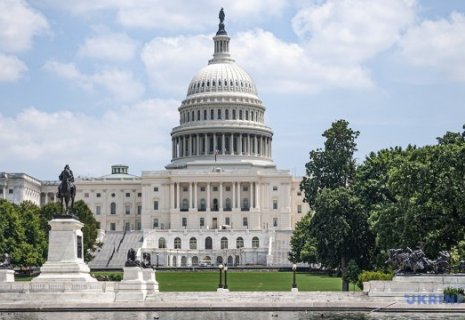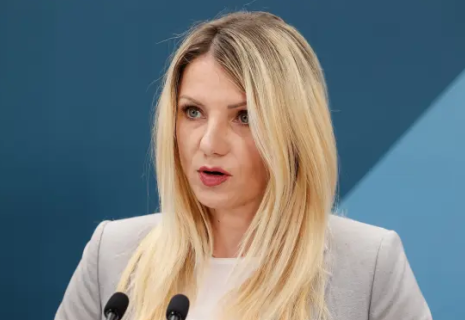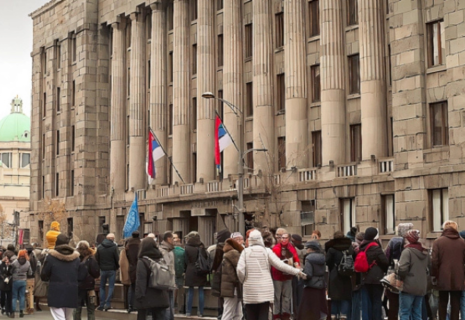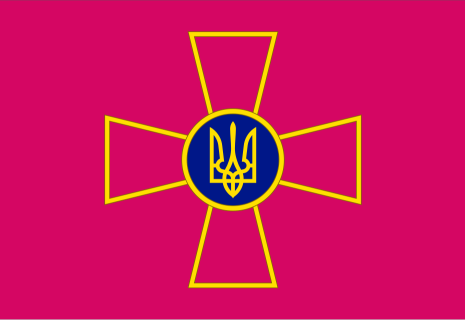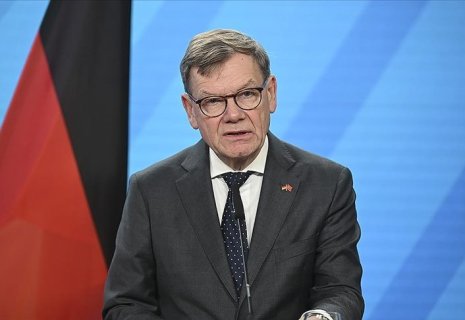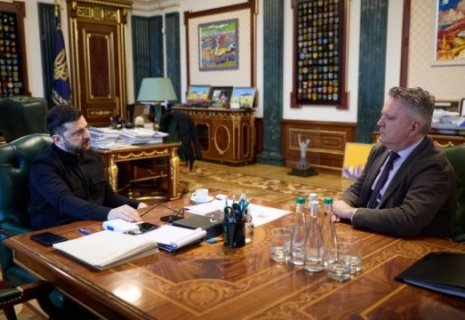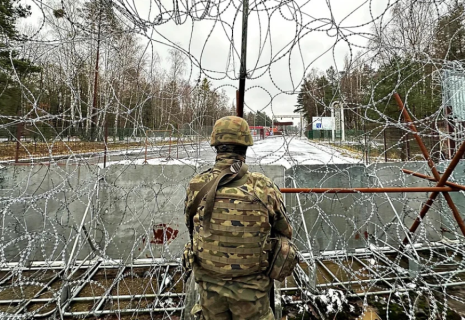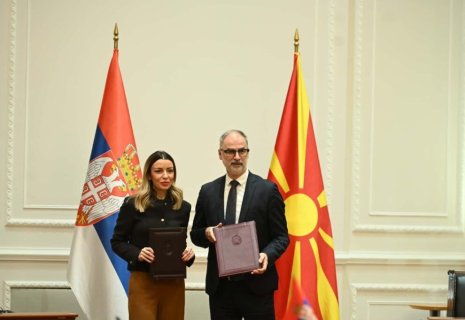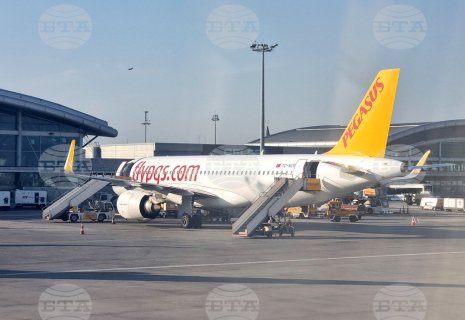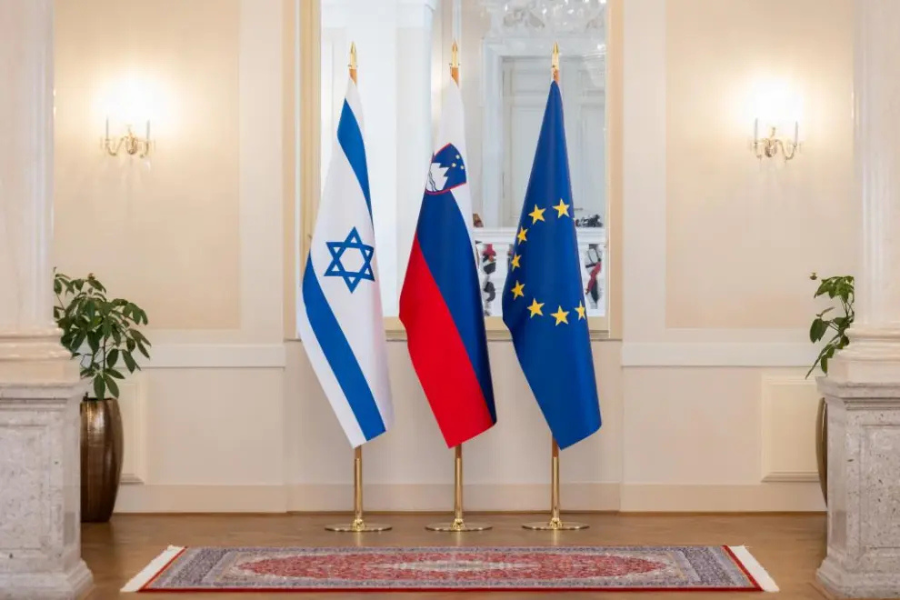
Slovenia bans imports from Israeli settlements
Slovenia has banned all imports from illegal Israeli settlements in occupied Palestinian territories as the first European country to do so after it imposed an arms embargo on Israel last week in what was another European first. The latest move is part of Slovenia's strategy to step up pressure on Israel due to its actions in Gaza, CE Report quotes The Slovenia Times.
Announcing the embargo on Israeli settlement goods on 6 August, the government said the actions of the Israeli government in the occupied Palestinian territories "constitute serious and recurring violations of international humanitarian law".
"These actions not only endanger the lives and dignity of the Palestinian population but also the foundations of the international order. As a responsible member of the international community, Slovenia cannot and must not be part of a chain that enables or turns a blind eye to such practices," it said.
The move, which includes a prohibition of the avoidance of the ban, is yet another sign that Slovenia is willing to take unilateral measures in the absence of action at EU level. It comes after the country declared two far-right Israeli ministers personae non gratae in mid-July and banned the arms trade with Israel and transit of Israel-bound weapons through its territory on 31 July.
"These measures represent a clear response to the policy of the Israeli government, which, through its actions, undermines the prospects for a lasting peace and a two-state solution," the government said.
The import ban is largely symbolic: Statistics Office figures show that imports from the occupied territories totalled €30,000 last year, the vast majority being avocados.
Foreign Minister Tanja Fajon acknowledged that the ban is more or less a symbolic gesture but described it as "a necessary response". It sends "a clear message to Israel and the wider international community that violations of international law are not without consequences in international relations," and places Slovenia among countries that are principled, responsible and courageous, she said.
The move delivers on the government's commitment to additional measures against the Israeli government. Furthermore, several ministries have now been tasked with examining the possibility of banning exports to the illegal Israeli settlements.
There have also been speculations in recent days about Slovenia's possible cancellation of Ljubljana-Tel Aviv flights, however an EU country cannot impose such a measure alone as international agreements regulate air transport. Slovenia is in favour of suspending the Euro-Mediterranean Aviation Agreement between the EU and Israel though, public broadcaster RTV Slovenija has reported.
In addition to the latest ban, the government also decided on 6 August to send additional humanitarian aid for the Palestinian civilian population, which will be delivered through Jordan, based on an agreement reached by Prime Minister Robert Golob and King Abdullah II in early 2024.
The aid package includes 7,680 meal packages and 1,000 blankets worth almost EUR 900,000 including transportation costs.

